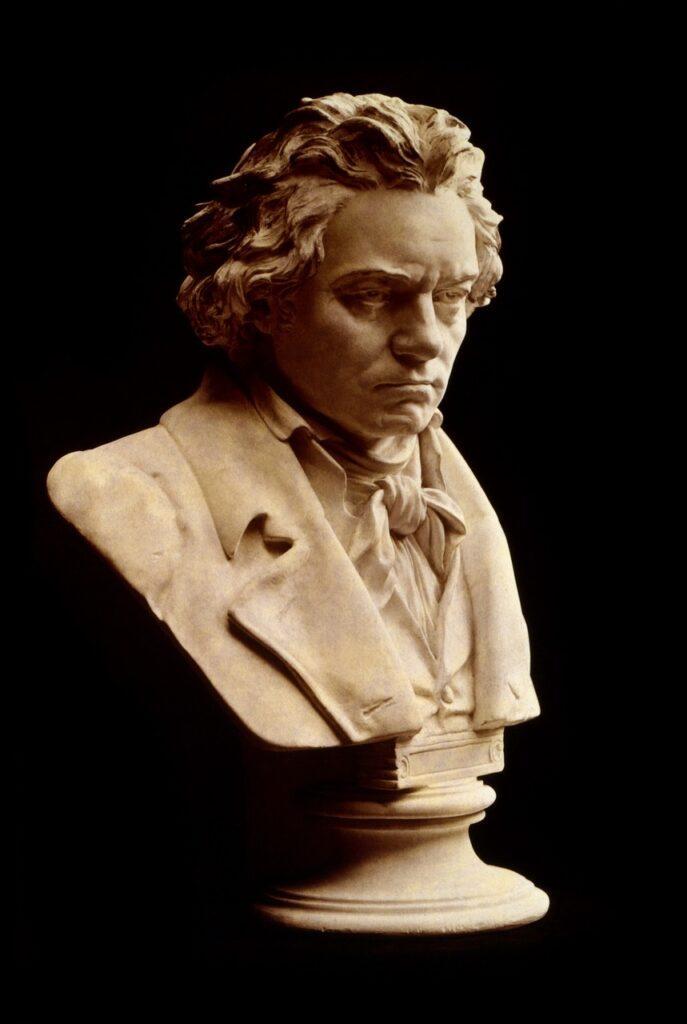“Why is classical music interpreted differently from pop music?” A large part of the difference in sound between classical and pop music has to do with the style of the music.
However, what about when we look at pure interpretation.
- One factor to keep in mind, much of classical consists of absolute music. This means that many pieces will be instrumental with no programmatic elements at all.
- Conversely, pop music mostly consists of songs.
- Therefore, pop music will automatically have imagery embedded into the songs that you can use to add emotion to your performance.
- However, absolute music has been stripped of any cues as to how to interpret the music.
So, how do you interpret absolute music so that you can bring emotion into your playing?
The concert pianist Ernest Hutcheson describes how he interprets music:
It is an excellent exercise in interpretation thus to take a composition, or more often a single theme, and attempt to describe its character in a few words. (Brower 118)
In other words, Hutcheson recommends that you characterize the piece you want to play:
- The title of a programmatic piece can suggest ways you can interpret the music.
- For example, the first movement of Beethoven’s “Moonlight Sonata” suggests the rippling waves of a lake under the moonlight.
- For fully abstract pieces of music, without even a hint in the title, you can think about what the music says to you. Then, you can create your own story that will help you add emotion to your playing.


